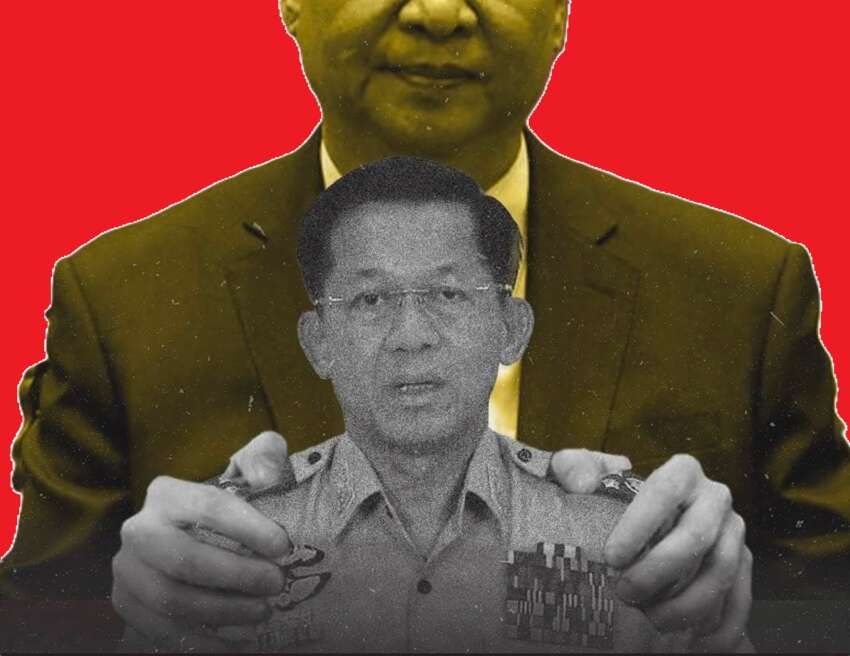
The leader of Myanmar’s military council, Min Aung Hlaing, has offered to create access to the Indian Ocean through Myanmar for China’s landlocked southern provinces. During a meeting with Chinese business leaders on August 31, he proposed that the Kyaukphyu-Kunming railway project could potentially serve as China’s gateway to the Indian Ocean. He mentioned that the Mandalay-Muse railway and Mandalay-Kyaukphyu railway projects are currently being implemented.
Min Aung Hlaing emphasized Myanmar’s strategic geographical location at the intersection of South Asia, Southeast Asia, and China, positioning it as a country capable of providing China with access to the Indian Ocean. He acknowledged that current instability along the China-Myanmar border is affecting Yunnan province’s economy and suggested that reopening border gates would enhance trade flows beyond previous levels. He outlined plans to expand trade routes from Myanmar’s northeastern region to Chinese territories including Yunnan Province, Sichuan Province, Chongqing Municipality, Guangxi Province, and Nanning City.
The military leader discussed ongoing collaboration with China on several major projects, including the Kyaukphyu deep-sea port project, the Myitsone hydropower project, and oil and natural gas pipeline projects. He emphasized the commitment to ensuring border stability and security cooperation between the two nations. The presentation highlighted Myanmar’s potential role as a crucial transit point for China’s regional economic initiatives and trade expansion plans.
In his appeal to Chinese investors, Min Aung Hlaing promised to protect their investments and ensure they would not incur losses. He mentioned plans for elections in December, suggesting this would enhance political stability and subsequently improve economic opportunities. Min Aung Hlaing is scheduled to visit China from August 30 to September 6, during which he will attend an economic forum and China’s military parade commemorating the 80th anniversary of victory over Japan. The visit underscores the military council’s efforts to strengthen economic and diplomatic ties with China despite ongoing internal conflicts and international criticism of the regime’s actions.



